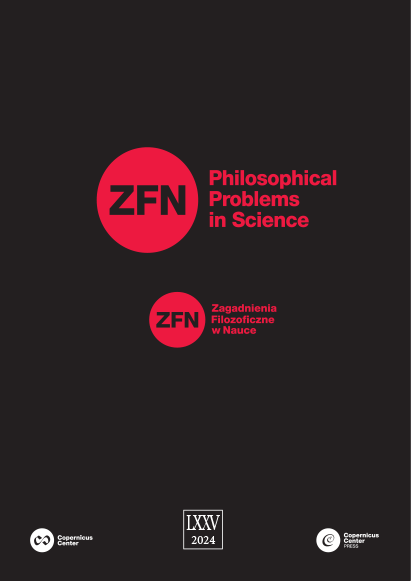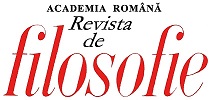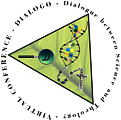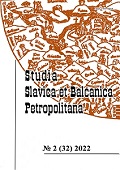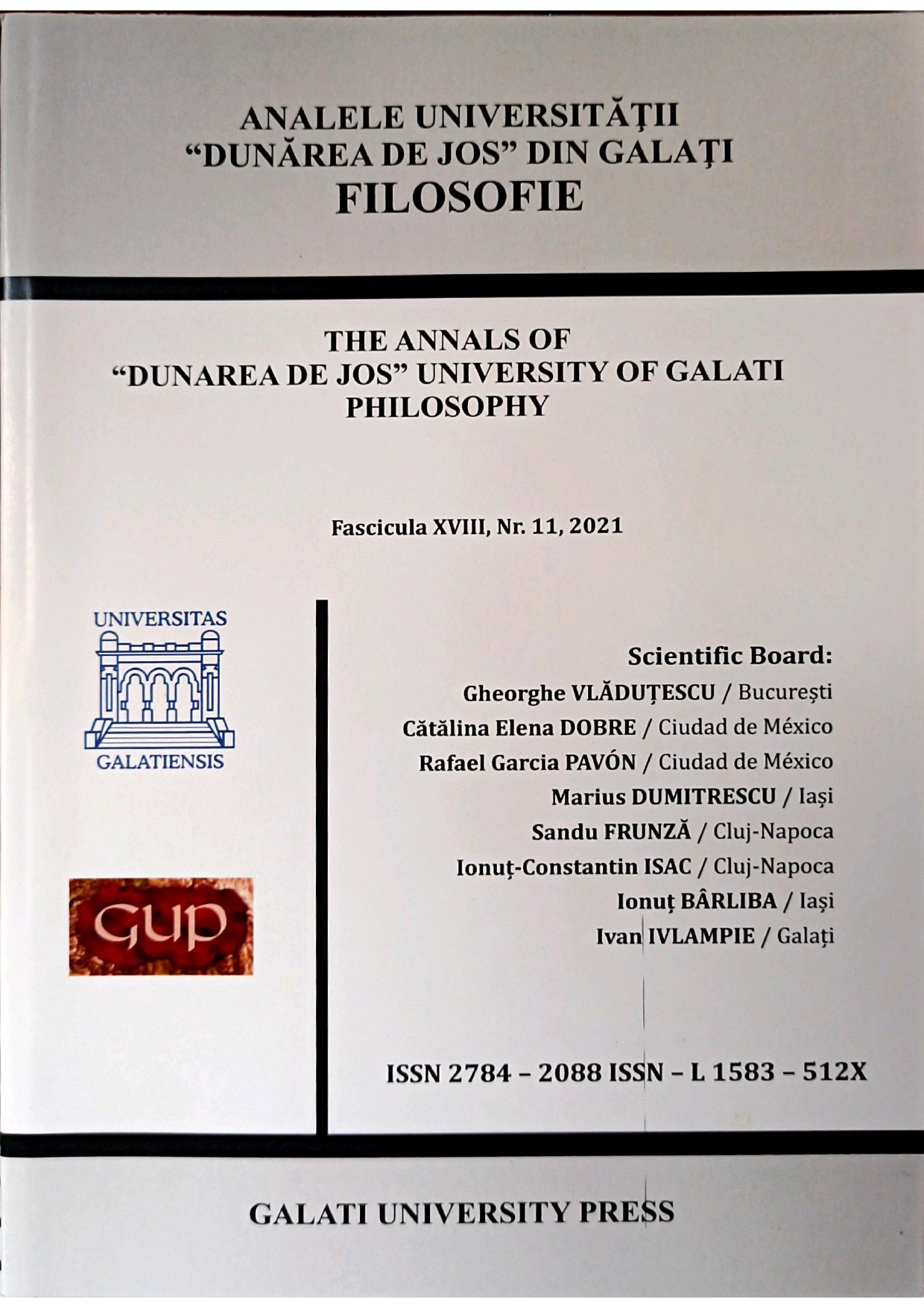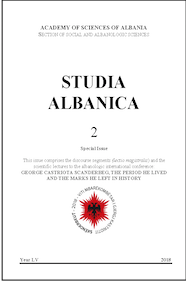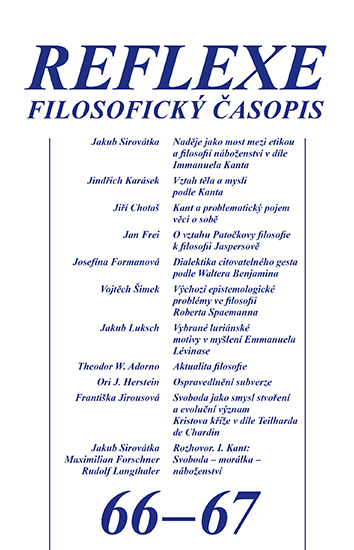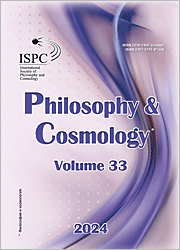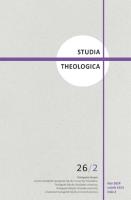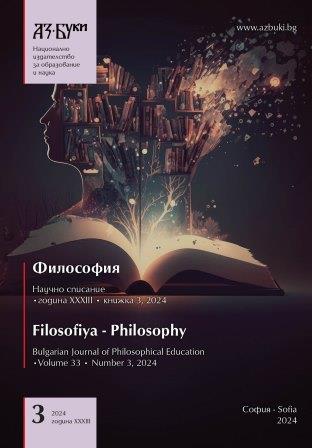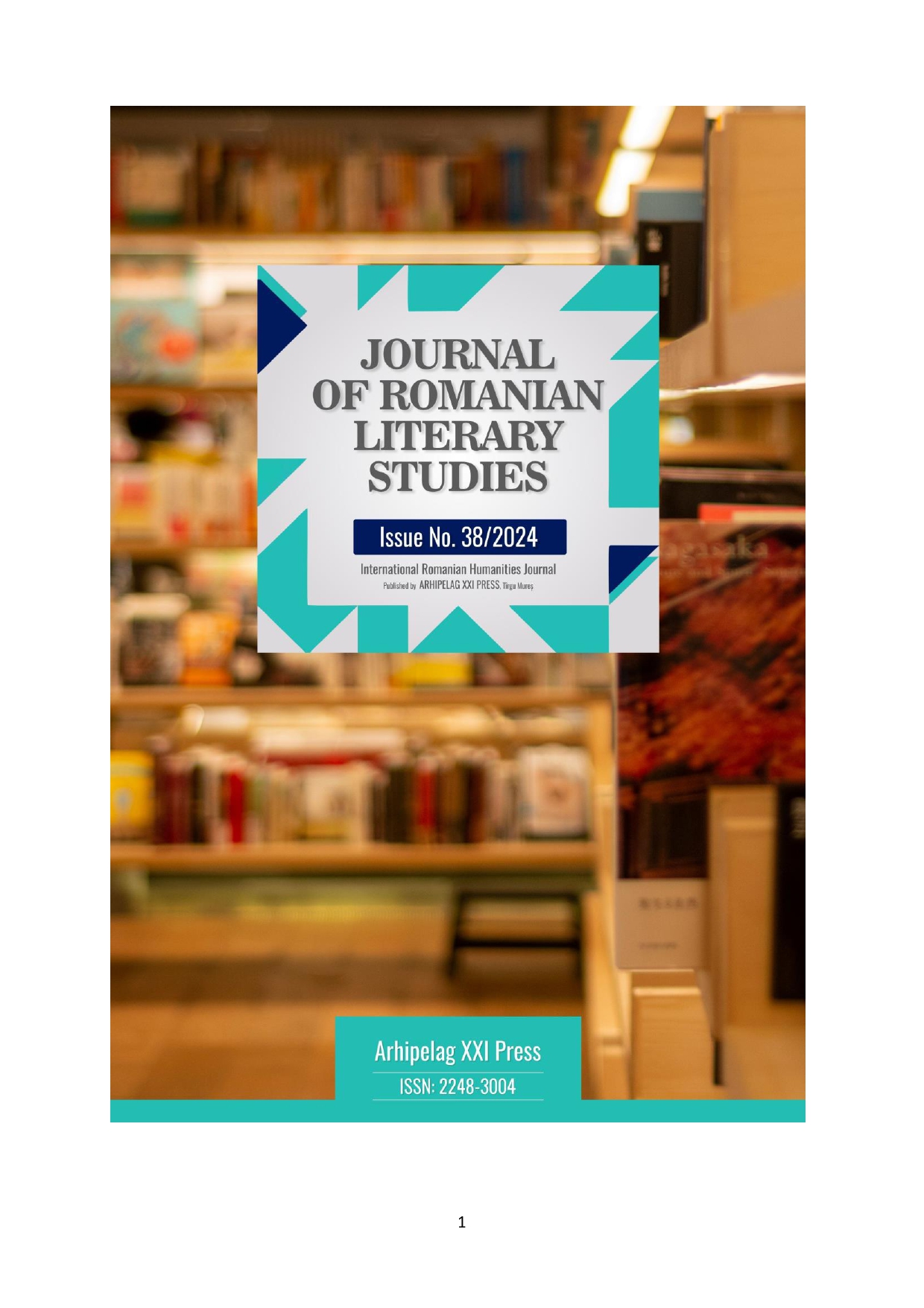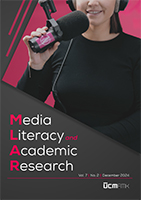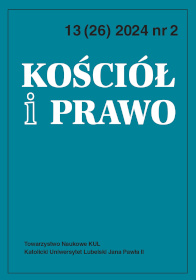Author(s): Viktor Okorokov / Language(s): English
Issue: 33/2024
Objective. To show that despite the enormous efforts of M. Heidegger, he failed to find a new way of thinking. Scientific novelty. It is shown that the meeting of two different streams of historical thinking – the destructive thinking of Heidegger, who never stood on the ground of the Pre-Socratics (although he strived for this all his life), and the Pre-Socratic, which gradually lost its vitality in subsequent European culture, never took place. The different streams of thinking – the ancient Greeks and Heidegger – never crossed. The early Greeks sought to understand the nature of essence, that is, they were looking, according to Heidegger, for the first beginning of thinking (and for this they tried to use the tools of openness of thinking, but did not understand its reasons), while Heidegger, who consistently went through a long path of liberation from all the European ones known to him methods of understanding nature, on the contrary, sought to find ways to understand the true nature of human existence, that is, he looked for the second principle of thinking (but also failed to reveal its origins). It was found that European culture throughout its history has stopped between these two extreme streams of thinking – aimed, on the one hand, at the world of things (essence) and, on the other, at the inner world of man (existence), but in both of these streams there are genuine the beginnings of thinking remained unheard. The analysis shows that throughout his life, Heidegger was looking, in fact, not even for being, but for the being of thinking; more precisely, he was looking for thinking that could exist synchronously with the thought of the ancient Greeks, which allowed him, on the one hand, – to reveal the fall of European culture, and on the other hand, to try to find the motives for future thinking. In our opinion, Heidegger heard the main problem of European culture: logos does not illuminate thinking, does not carry either natural or divine light, it is only similar to a given (often artificial) logical scheme. All ancient religions spoke about this. The ancient Greeks knew this; Plato and Aristotle replaced the true divine light with a system of ideas, concepts, categories and logic. It seems that the concealment of the true light (nature and gods) is the path of the fall of European culture, about which Nietzsche, Wagner and Heidegger wrote. Thinking exists only where consciousness disintegrates in the spatio-temporal topos of its existence. And logos, as this study shows, can only exist in a split consciousness. Based on this, it is increasingly clear that we have not learned to think like the Greeks and, moreover, in our selfishness we may finally lose this opportunity. On my own behalf, I would like to add: what Heidegger failed to achieve can be clarified along the paths of contact between Western and Eastern thought.
More...
